The first energy autonomous municipality in Greece has suffered a… short circuit: the photovoltaic investment in Argos Orestiko has never been connected to the distribution grid because the state grid operator claims the grid is overloaded.
Unbelievable and yet true
This is, without a doubt, another story of madness reigning in modern Greece. While local governments are often accused of being a breeding ground for waste and even scandal, a municipality emerges that wants to make a difference with innovative initiatives, but it gets lost in the labyrinth of the notorious Greek bureaucracy.
Project approved and funded by the National Strategic Base EU (NSRF/ESPA), did not work. Now the municipality of Argos-Orestikos is not only facing the problems it had, but it could also be forced to return the funds used. The municipality of Argos-Orestiko, near Kastoria in northwestern Greece, has invested 13 million euros in solar energy since 2019 to make all municipal buildings energy independent and to meet the growing needs every year, mainly for heating.
The city of Argos-Orestiko is located at an altitude of 700 meters in the prefecture of Kastoria, in northern Greece, and heating is needed there from October to May. The mayor and the city’s residents took green development announcements seriously and pioneered. The municipality has installed photovoltaic panels on the roofs of 19 municipal buildings, built the country’s first “green” swimming pool, and received a license from the Energy Regulator (RAE) to produce energy with a hydro turbine on the Alyakmonas River.
However, the distribution network operator DEDDIE refuses to connect the facilities – with the exception of 2 buildings – to the network because the network is… overloaded, as he claims. As a result, photovoltaic panels in 17 public buildings produce energy but cannot consume it. “Solar panels generate electricity that is wasted.”
“In terms of money, this means that we are forced to consume energy, for which we must pay today at 30 cents per kWh instead of 5.5 cents, which we paid a year and a half ago. On the other hand, we do not produce electricity, although we have many sunny days and photovoltaic installations. And yes, they produce electricity that is not used anywhere. It can’t get through the meter to compensate our costs because DEDDIE says the network is overloaded,” Argos-Orestiko Mayor Panagiotis Kepaptsoglu told ethnos.gr on 1 December. And all of this is happening in the municipality, where winter and frost make themselves felt from October to May, the mayor added.
“Essentially, they discredit us all”
“I feel that we are not a Greek state. This is how I feel, and it happens more than once. I’ve been at war with the bureaucracy for two years now. I can’t get over the fact that we’ve wasted endless hours and the issue hasn’t been resolved. All projects have been carried out with research by our technical service. In fact, they discredit all of us. Individuals always come first. On August 12, an official decision was published that will help municipalities and utility energy communities. And again, those it helps are individuals and very large energy communities that have a capacity of over 100 megawatts. What should I do? They give us an incentive to go and do energy projects, and we end up with projects that don’t work. Then why are they forcing us to go through this process if they can’t come up with a solution?” the mayor wonders.
It all started three years ago when the municipality foresaw the coming energy crisis and created a non-profit energy community. Initially, 19 public buildings were included in the project, including kindergartens, elementary and secondary schools, an indoor gymnasium and a building for technical services of the municipality.
The network is overloaded, says DEDDIE
“The system, however, does not work because, despite the fact that photovoltaic panels are installed on the roof of each building and the entire installation is ready, DEDDIE does not allow us to drain the generated electricity into the grid on the grounds that the grid is overloaded. This results in buildings consuming energy for heating because they also have heat pumps but cannot use energy from photovoltaic installations.
The municipality calculated on a year-round level, including summer days with sunshine and winter days, that all the energy needed for lighting and heating is covered by electricity that can be produced by photovoltaic cells, which eventually had to enter the public grid. “Not only could we cover everything with an energy offset, we can add 15% as a gift of DEN,” the mayor emphasized.
The goal was to reduce utility bills this year by at least 50% after the launch of the projects, the mayor stressed, adding that “however, this did not happen.” And now citizens pay for the consumption of municipal buildings out of their own pockets.
EU money back
But the main problem now is that if the problem is not solved, the European Union will not provide a subsidy in the amount of 80% of the project budget, as it should have done until the end of 2023, when the program period ends. The zero-energy project, which installed photovoltaic panels on 19 buildings, cost the city €6.5 million, the pool cost €3.5 million, and the hydro turbine cost the city €3 million.
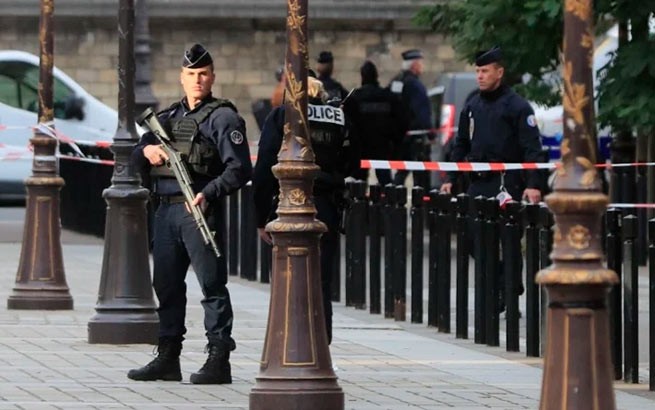
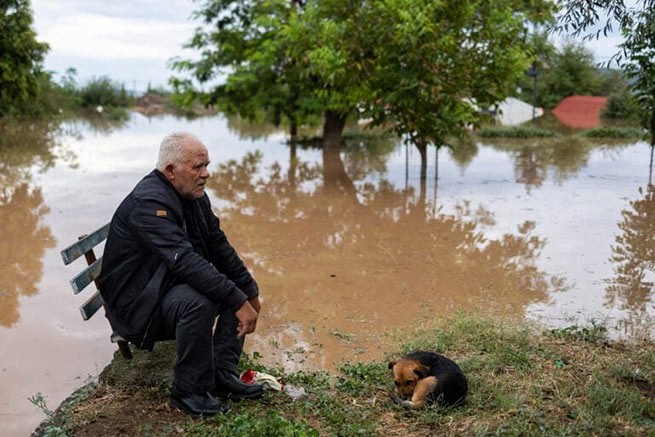
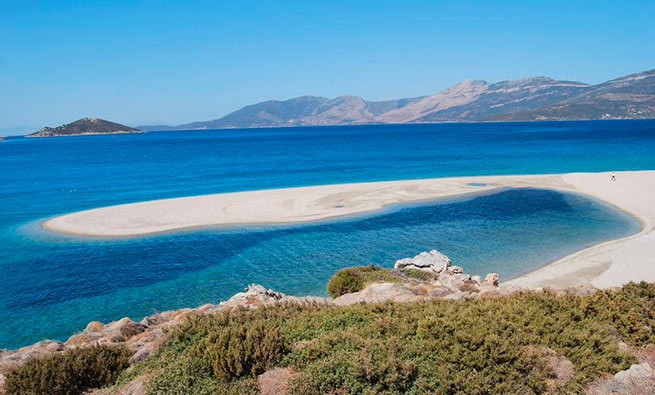
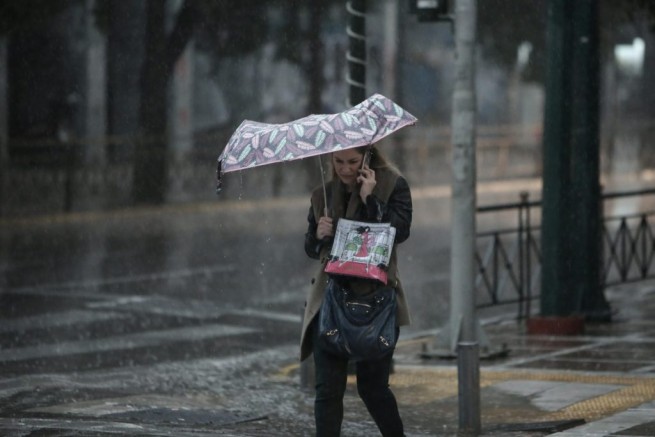

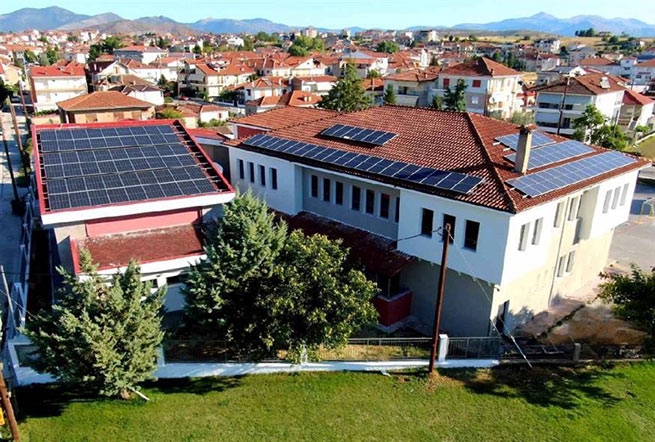

More Stories
Residents of 5 regions of Greece received "a storm warning"
Dolphins appeared in Thermaikos this morning
Most polluted countries in 2023: Greek regions with worst air quality